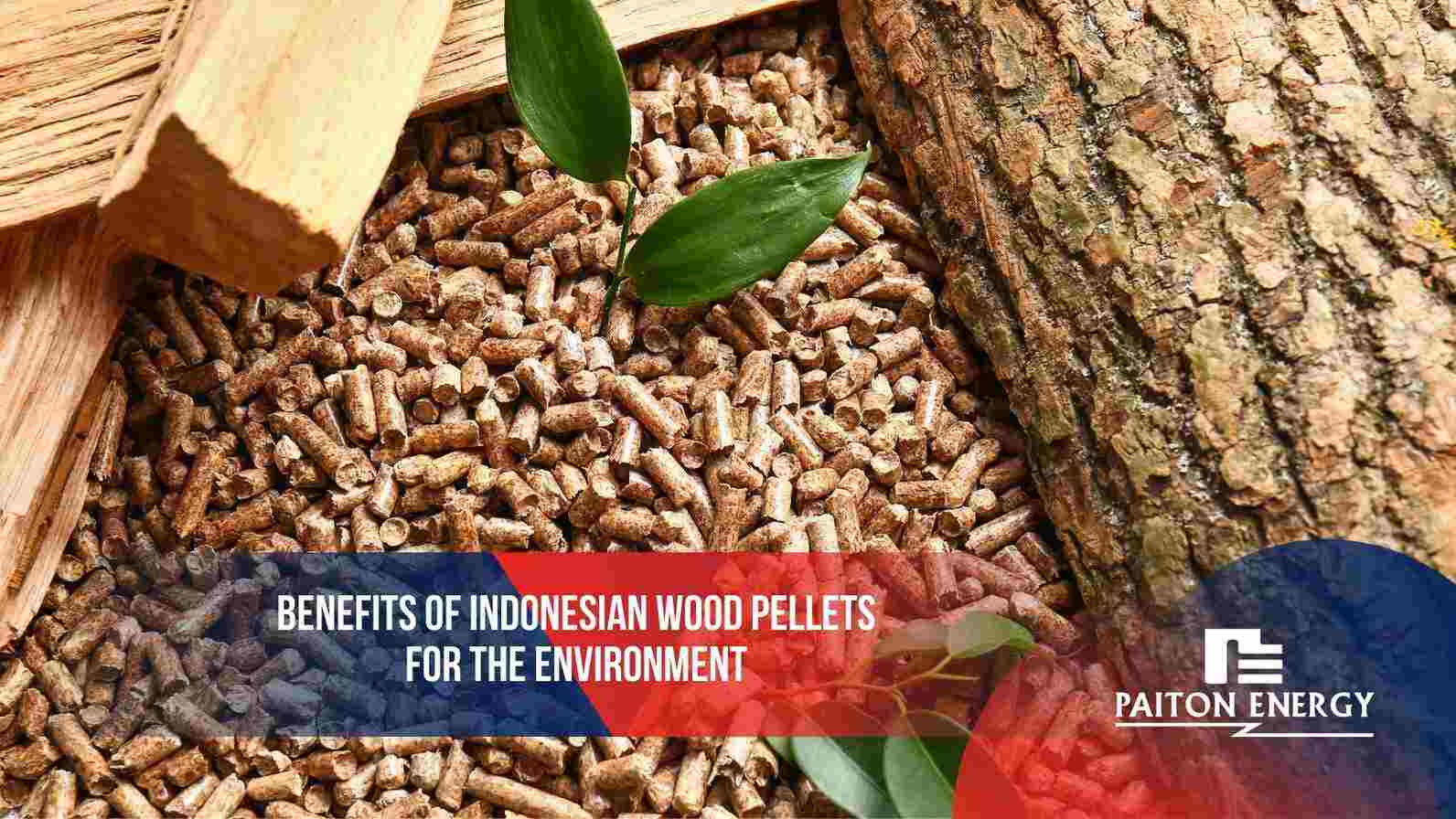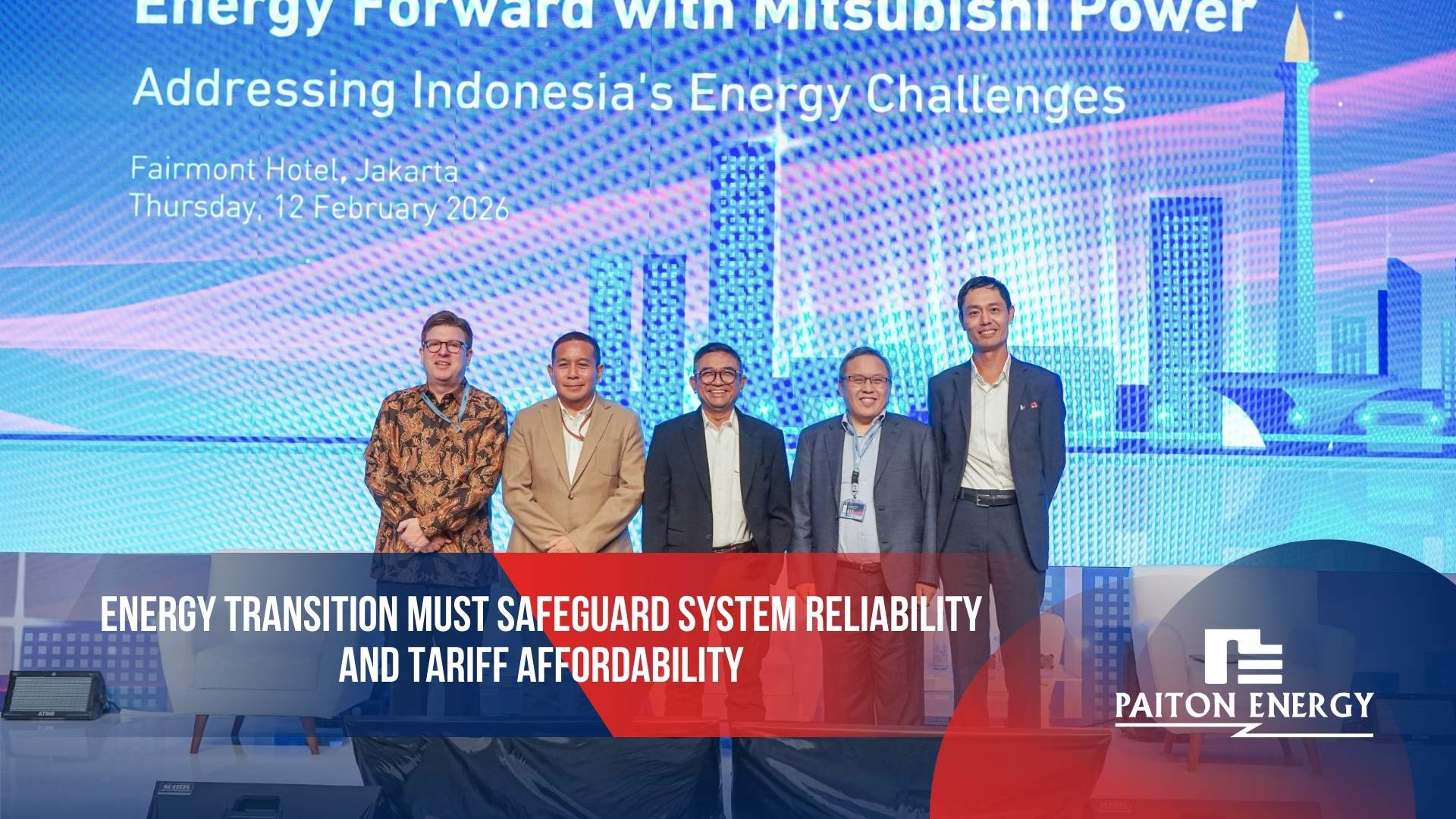Wood pellets are an increasingly popular alternative fuel due to their potential in reducing carbon emissions. Made from compressed wood sawdust, they provide a cleaner energy source compared to fossil fuels.
Indonesia, as one of the world’s wood pellet producers, holds significant potential in supporting the global energy transition. Additionally, the utilization of wood pellets to helps reduce industrial wood waste, delivering both environmental and economic benefits. This technology not only lowers greenhouse gas emissions but also promotes more efficient resource management.
1. A Low-Carbon Energy Source
Wood pellets are a low-carbon fuel derived from wood waste. During combustion, the carbon dioxide (CO₂) emissions generated are significantly lower than those from fossil fuels such as coal and oil. Research indicates that burning wood pellets produces carbon emissions up to ten times lower than coal and eight times lower than gas.
As a result, wood pellets serve as an ideal solution for reducing the global carbon footprint, particularly in the fight against climate change.
2. Utilization of Wood Waste
Wood pellet production repurposes waste from the wood industry, including sawdust and other residual materials. This process plays a crucial role in minimizing waste that would otherwise be discarded. Additionally, it adds value to raw materials previously considered to have little to no economic worth.
In the long run, the use of wood waste contributes to the development of a more sustainable industry, ensuring the efficient utilization of natural resources.
3. Reducing Dependence on Fossil Fuels
One of the primary benefits of using wood pellets is the reduced dependence on fossil fuels. Fossil fuels are the largest contributors to greenhouse gas emissions, exacerbating global warming.
With the growing adoption of Indonesian wood pellets across various applications, such as heating systems and power generation, the demand for fossil fuels can be significantly curtailed. This makes Indonesian wood pellets a viable alternative energy solution that promotes sustainability.
4. Energy Efficiency
Energy efficiency is one of the key advantages of wood pellets. Their high calorific value enables them to generate heat efficiently. In power plants, wood pellets can achieve an efficiency rate of up to 90%, which is considerably higher than many other energy sources.
Beyond emission reduction, this efficiency also translates to lower energy costs in the long term, providing added benefits for both industries and households.
5. Positive Environmental Impact
The use of wood pellets supports sustainable forest management. Well-managed forests serve as natural carbon sinks, helping maintain ecosystem balance and supporting biodiversity.
Additionally, planting new trees for wood supply improves air quality and provides further benefits to surrounding communities. As such, wood pellets contribute not only to emission reduction but also to overall environmental preservation.
Commitment to a Sustainable Energy Future
Wood pellets are an innovative solution that offers numerous benefits, from reducing carbon emissions to promoting environmental sustainability. This technology provides a cleaner energy alternative while enhancing resource efficiency.
With its vast potential in the wood pellet sector, Indonesia has the opportunity to become a key player in the global energy transition.
Paiton Energy remains committed to ensuring Indonesia’s energy security for industries, households, and all aspects of daily life. However, this is just the beginning of our journey.
As the world continues to evolve, we must adapt to upcoming challenges by transitioning toward cleaner energy, reducing carbon emissions, and investing in sustainable solutions. This is our commitment—to create an environmentally friendly future and foster a cleaner industry, with full responsibility for the planet we cherish.




